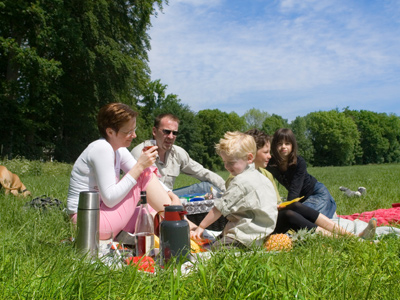

A Funny Lot - Irregular Plurals
Quiz playing is a wonderful way to increase your knowledge of English as a Second Language. Remember that all of our ESL quizzes have titles that are both friendly and technical at the same time… In the case of this quiz you might like to tell your friends about “A funny lot” but no doubt your teachers will talk about the “irregular plurals quiz”! If you hear a technical term and you want to find a quiz about the subject then just look through the list of quiz titles until you find what you need.
Most of the time, making the plural form of English words is simple enough... but there are a number which work differently and these are known as irregular plurals. See how many of these irregular plurals you know!
Do you enjoy doing ... ... like this?
A lot of the early settlers moved abroad with their ...
When my brother and I were small, we used to keep ... ... as pets.
We can't have our picnic here: there are far too many ...
What was he doing with all those ... ... ?
Tourists really appreciate being able to make their ...
Remember that there should not normally be any apostrophes in the plural form of an English noun. Any suggested answers here that have one, are 'dangerous distractors' and better avoided!
These days on the High Street, you don't tend to see so many ...
I wonder how many ... .... they use at the chip shop in a typical week?
And there aren't any false apostrophes on offer this time!
'We'd like some fruit juice, please ...'
The machine at the airport will detect metal objects such as ...
Ready for more?
not all...
quizzers. Try to win a coveted spot on our Hall of Fame Page.






